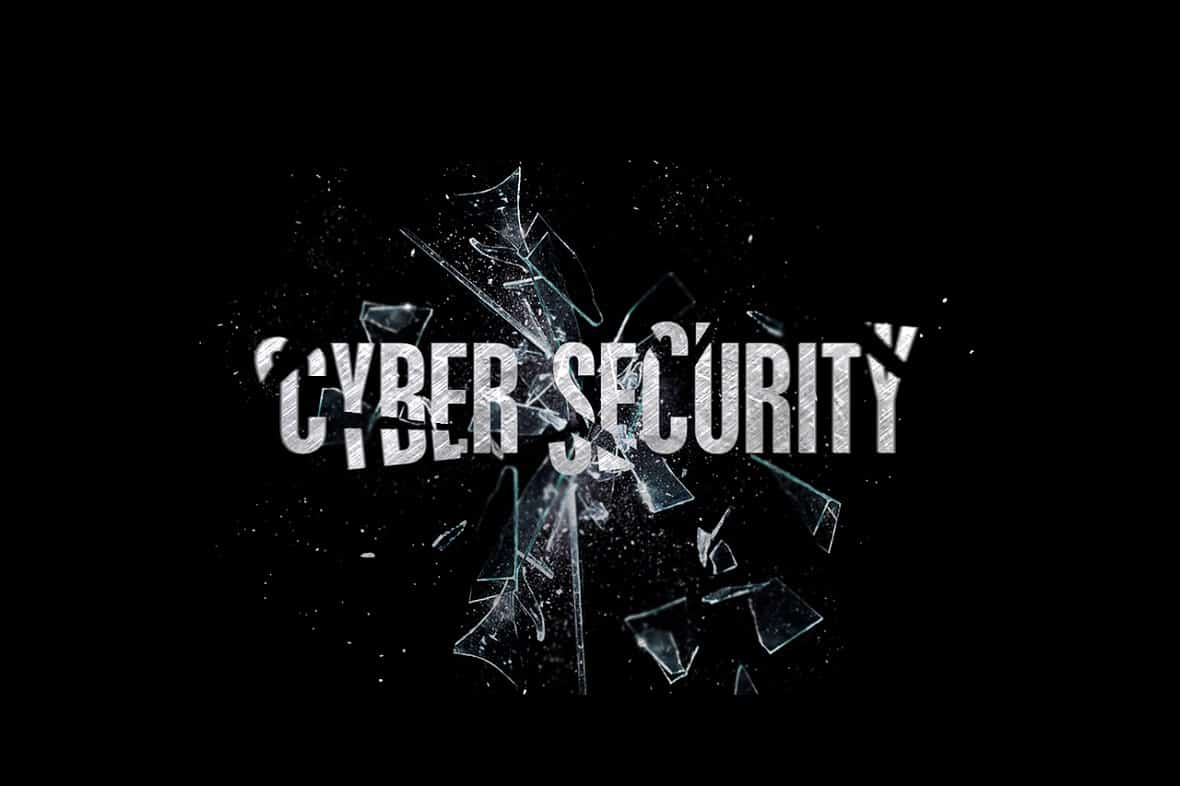
The global pandemic has taught us one great lesson: change is the only constant. People throughout the world shifted to new ways of living: hygienic eating, regular cleaning, online learning and remote working. And as we have started adapting modern changes, cyberattackers have also become more efficient. For your information, cyber threats are predicted to grow exponentially in 2021 and onwards. Read this article to the end to explore how you can practice cybersecurity in the coming era and build your cybersecurity suite to combat potential cyberthreats. Become a Cyber Security expert by taking simplilearn’s Cyber Security Certification.
Encrypted Online Presence
All hackers, intruders and bounty hunters monitor the online behavior of those users who have deployed little to zero cybersecurity tools. Cyber attackers are absolutely powerless without your unique online identity – your IP address. The most efficient tool is a VPN which is made to mask an IP address and encrypt the overall online identity. Here’s how you can choose a premium VPN and achieve maximum cybersecurity:
- The best VPN services are built on 256-bit AES technology, which is so far the highest industry standard for end-to-end encryption.
- A reliable VPN helps access geo-restricted content with unlimited bandwidth. Before buying, do check if the service has a fast VPN server in your preferred location. It is a highly important factor for users who love streaming, torrenting and online gaming.
- It should have features like split-tunneling, a function that enables end-to-end encryption of overall online traffic exchanged between a device and server.
- It should have a zero-logs policy. The best VPN will always publish its privacy policy and terms of service openly on its website.
Most cybersecurity breaches happen when attackers and intruders gain unauthorized access to our network systems and devices. While antivirus can provide device-level security against unauthorized access, you can make quick adjustments to your Wi-Fi router in order to ensure network-level security. Here is what you can do to prevent unauthorized access on your network:
- Set a complex network security key (Wi-Fi password) based on WPA2 standards.
- Configure your VPN credentials in the Wi-Fi router to achieve 100% encryption for the traffic you and your family members exchange online.
- Access the Wi-Fi settings from the web interface of your router and enable MAC Address filtering. It will block attackers’ devices from using your network.
Private Streaming, Torrenting and Gaming
Pandemic has brought our popular shows and movies to our living rooms. While we do like popular streaming services (Netflix and HBO Max), we do often access geo-restricted content via torrenting and online gaming sites. Remember that these recreation facilities can quickly turn into a nightmare if an attacker decodes your IP address which is possible if you are streaming or torrenting without a VPN. To experience protected streaming and unlimited bandwidth, we suggest users subscribe to a service that has a fast VPN server. Doing so will not only hide your IP address from cyber-attackers but will also let you access geo-restricted content without any limitations.
Password Management
The second biggest source of cyberthreats is a weak password, whether it’s on your social media account, a shopping website or your digital payment gateway. For maximum cybersecurity, we advise users to follow these best practices and teach these to their children too:
- Create complicated passwords for email platforms, social media accounts and digital banking platforms. Do not use personal details like your birthday, your spouse’s name or your cellphone number in the password. Create your password with alphanumeric and special characters used in a random sequence.
- Avoid using similar passwords on different platforms.
- To make password management convenient, you can use an app called Dashlane. The app creates strong, unique passwords and auto-fills them on secure platforms under user directives.
- Enable 2 Factor Authentication on platforms that have this advanced built-in security feature. Gmail, Paypal, and Facebook have 2FA features. You can also choose a third-party app like Twilio Authy for securing other apps. The app provides biometric verification and token passwords for added security.
Safe Access to Banking Platforms
Financial frauds are the favorite motive behind most cyberattacks. That’s why banks and money market platforms follow military-grade security and privacy standards to prevent massive financial losses. To keep your baking platforms protected from unauthorized access, here’s what you can do:
- Never exchange credit card numbers, bank statements or account credentials via insecure or unencrypted email providers. In case the matter is urgent, password protect your files and share the password via a different medium.
- Do not access your banking website from public Wi-Fi. These are free services and have a lot of active users. Most active members don’t want to enjoy that free service but monitor the online behavior of other internet users. After supreme efforts, they create dummy Wi-Fi access points and hack users’ data. In case an attacker gains access to your banking credentials from a public network, he can choose to misuse your money and data in countless ways.
Encrypted Communication
Whatever information, ideas, opinions and news we exchange online is our business. No pesky internet service providers or intruders should have the right to sniff your online activities. To ensure secure communication, make sure to:
- Use an encrypted platform like WhatsApp for daily communication.
- Enable 2-factor Authentication on video-conferencing platforms like Skype and Zoom.
- Use a secure messenger for communication. Signal Text Messenger is a popular app for users who prefer to keep their text messages private and secure.
How to create your cybersecurity suite for 2021?
This is a list of all privacy and safety apps you must add in your cybersecurity package. Install these software programs on your computing and mobile devices and have peace of mind:
- Install an antivirus to protect your devices from malware, adware and ransomware. Bitdefender and Norton Antivirus are a popular choice. They are ad-free, have efficient app monitors and Wi-Fi checkers. Plus, they occasionally announce free basic plans for individuals.
- Subscribe to a VPN that has all the features required for end-to-end encryption. iProVPN is a popular, affordable choice because it is based in a safe-jurisdiction, offers a free ad-blocker, has a clear privacy policy, does not log user data and has a reasonably fast VPN server for various locations.
- Switch to a secure email provider like Tutanota, which encrypts emails and subject-lines. (If you don’t want to invest in an email provider, then we advise you to complete the security checklist provided by Gmail.)
- Use a secure web browser like Mozilla Firefox or Tor. Both of these are built on open-source technology, enable DNS over HTTPS, do not have local ad programs and do not sell user data. Mozilla Firefox is a popular choice because it has a private window which does not log browsing history and is relatively faster than Tor.
According to online freedom advocates, internet safety and privacy are the fundamental digital rights of every individual, no matter which part of the world you belong to. Follow these internet safety standards and use the recommended apps to experience a 100% safer, secure and neutral internet in 2021.



